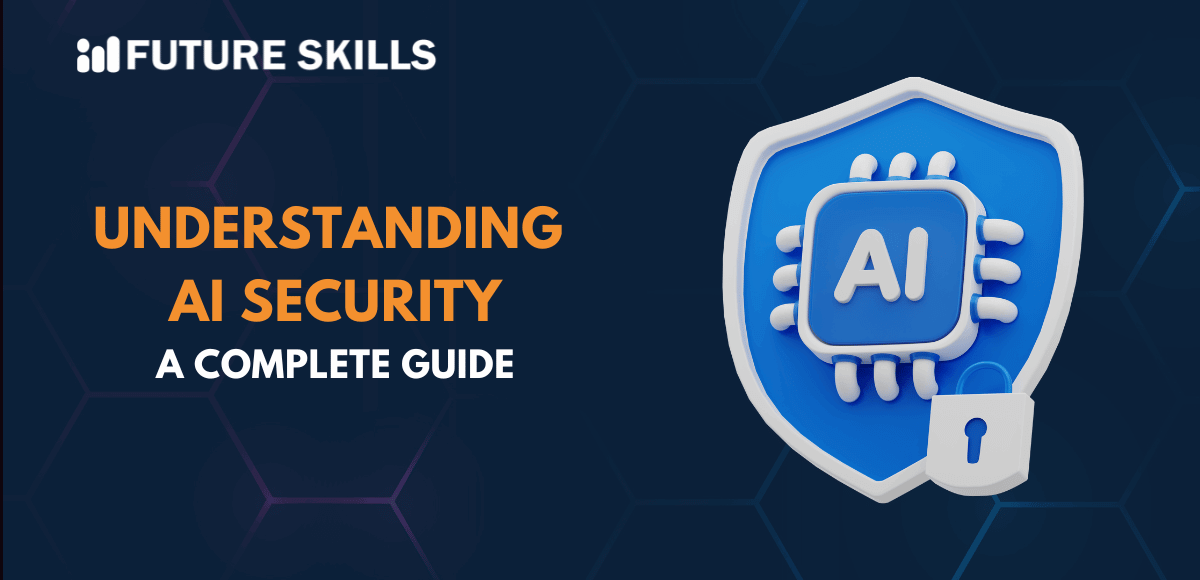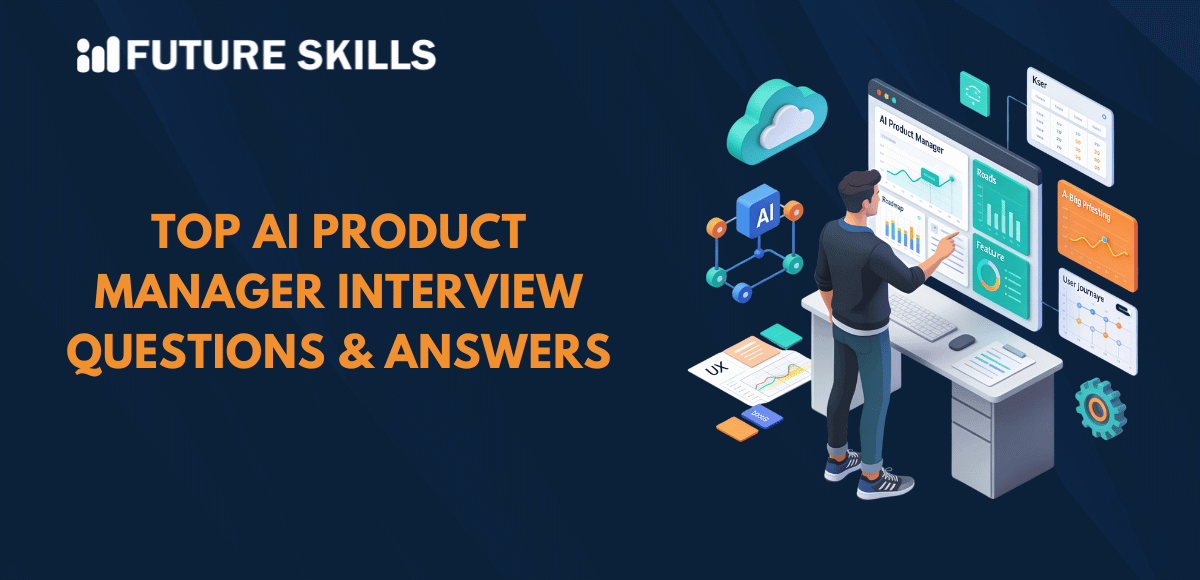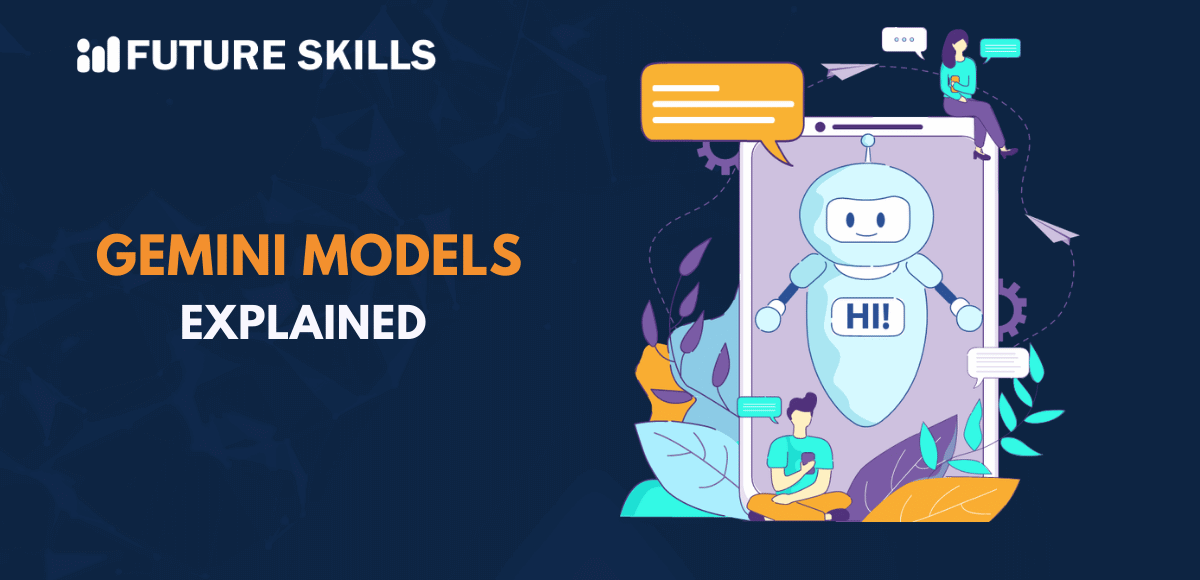Artificial intelligence is the most impactful technology of the decade with a revolutionary impact across various industries. The applications of AI in cybersecurity have created a completely new discipline in the form of AI security. At the same time, the fundamentals of AI security explained for beginners draw attention towards another definition. AI security also represents the security of AI systems from different types of cyber threats.
Artificial intelligence can help with automation of threat detection and prevention processes alongside resolution of issues to fight data breaches and other threats. On the other hand, AI security also focuses on different ways in which malicious agents can use AI to exploit new vulnerabilities. Let us learn more about AI security to discover its significance in the modern technological landscape.
Advance your career with the Certified AI Security Expert (CAISE)™ certification—master LLM security, adversarial machine learning, and advanced AI defense mechanisms to combat real-world AI risks with confidence.
Understanding the Definition of AI Security
The best way to understand the significance of AI security would involve finding the most relevant explanation for the term. You can come across different answers to queries like ‘How does AI security work?’ depending on its meaning. The first definition paints AI security as the practice of using AI to improve the cybersecurity posture of an organization. Organizations can leverage AI in different ways to enhance their cybersecurity.
Most of the AI security tools used by organizations capitalize on the strengths of machine learning and deep learning. The tools can review large volumes of data related to browsing habits, traffic trends, network activity data and app usage. The comprehensive analysis helps AI systems in discovering patterns alongside establishing an ideal threshold for security. Activities outside the threshold are considered as anomalies, thereby calling for faster resolution of security issues.
The most important highlight of AI security tools is the use of generative AI through large language models. It helps in converting vital security data into text recommendations that can help security teams in making better decisions. Research has also revealed that AI security tools can improve the effectiveness of threat detection and response to security incidents. IBM reported that organizations used AI security to identify and resolve data breaches 108 days faster than organizations without AI security. On top of it, AI security also helped organizations save around $1.76 million on the cost of incident responses.
Discovering the Importance of AI Security
AI security involves using artificial intelligence tools to improve cybersecurity. It is also important to note that AI tools used by an organization also present risks to its cybersecurity posture. The examples of AI in security have been gaining more prominence as the cybersecurity landscapes becomes more complex. With the short supply of cybersecurity experts, AI can offer a responsive and cost-effective solution to emerging threats.
Artificial intelligence offers real-time threat detection and prevents security breaches. For instance, AI tools can identify and isolate infected software to prevent malware attacks or recognize and block repeated login attempts to detect brute force attacks. AI security also helps an organization with continuous monitoring of security operations alongside using ML algorithms to adapt to emerging threats. Organizations which don’t use AI security are likely to face the burden of data breach costs, exceeding $5 million in most cases.
The other definition of AI security draws attention towards the limitations in AI itself. AI models are vulnerable to data security problems and are as effective as their training data. Tampering or biases in the training data could result inaccurate responses or false positives. Malicious agents can also use AI tools to discover and exploit new security vulnerabilities. As a matter of fact, the rise in cybersecurity incidents in recent times largely stems from use of generative AI by malicious actors.
Explore the best career opportunities with our AI Certification Course and get an edge over your competitors in the job market.
Prominent Threats to AI Security
The emphasis on using AI to improve cybersecurity also invites the urgency to understand security vulnerabilities of AI systems. While AI can enhance cybersecurity by offering real-time threat detection and incident response capabilities, malicious actors can also exploit generative AI tools. You must note that only 24% of the existing generative AI projects can claim that they are completely secure.
The negative impact of AI security risks has been pushing organizations to think of approaches to invest resources and efforts to secure AI. Some of the prominent threats to AI security revolve around data security, manipulation of inputs and direct attacks on the models. Data security risks may emerge from exploitation of the AI pipeline or production data within the engineering process.
Attackers can exploit the AI pipeline to obtain unauthorized access to data used in AI systems, thereby introducing malicious inputs. The use of real-world production data in AI systems also creates risks of data breaches and privacy violations. Direct attacks on the AI models or adversarial machine learning also involve a type of input manipulation to affect the outcomes predicted by the models. You should also keep an eye on the following notable risks for AI security.
- Model inversion attacks use reverse engineering of AI models to obtain unauthorized access to training data, thereby creating privacy risks.
- Exploratory attacks involve learning about the working mechanism of AI systems to discover model behavior and vulnerabilities.
- AI systems are also vulnerable to bias as they can generate unfair outcomes and promote biases, which lead to ethical risks.
- Malicious actors can use membership inference attacks to identify specific data points in the training dataset of AI models. Membership inference attacks can lead to exposure of private data about organizations or individuals.
- One of the notable examples of AI security threats is visible in supply chain attacks. Attackers can infect software or hardware with malicious code and gain access to AI resources such as cloud services or third-party libraries.
- Another common risk for AI security is the data poisoning attack that involves adding misleading or harmful data in training datasets. It can lead to corruption of the learning process, thereby leading to biased or ineffective models.
Familiarize yourself with the significance of AI ethics and the development of responsible AI with Ethics of Artificial Intelligence (AI) Course.
Will Standards Help in Improving AI Security?
The discussions about AI security would be incomplete without referring to security standards. Organizations need to rely on existing AI security standards to improve the security posture of their AI systems. Some of the notable security standards you can find now include ISO/IEC 27001, ISO/IEC FDIS 5338- ISO/IEC/IEEE 12207 and ISO/IEC/IEEE 15288. Organizations can use these standards to address security concerns in information management systems, software, and system lifecycle processes.
Security standards can serve the desired results only when organizations follow the best practices to implement them. The first course of action in implementing security standards begins with standardization of processes to ensure consistency across all operations. At the same time, organizations must focus on ensuring quality management and promoting a culture of continuous learning and improvement. Business leaders can use these initiatives to identify potential areas for improvement alongside driving innovation.
The effectiveness of standards for AI security would also depend significantly on employee awareness and training. It is also important to note that engagement of senior leadership in adoption of new security standards is also a vital requirement for strengthening AI security.
How Does AI Security Emerge as a Breakthrough in Modern Technology?
AI has always been painted as a futuristic technology that can introduce major breakthroughs across various industries and processes. The impact of AI security explained for beginners sheds light on the different issues that organizations can solve with AI security. Most of the assumptions around the use of AI in cybersecurity draw attention towards the limitations like data security and bias. On the other hand, artificial intelligence revolutionizes cybersecurity and offers advantages that establish the significance of AI security.
AI security improves threat detection as advanced algorithms can review large volumes of data within seconds and produce valuable insights. AI tools help in recognizing threats that would have been difficult to identify with traditional security approaches. Faster detection of security issues can enhance the pace of incident response, thereby allowing organizations to address security threats quickly. You can also find AI security useful for proactive identification of threats before they inflict any damage.
Artificial intelligence can introduce another breakthrough in cybersecurity through automation. AI security enables organizations to streamline their security operations and automate repetitive tasks. It not only helps in saving costs and reducing human error but also enables security experts to focus on strategic tasks. Another significant advantage of AI security is the assurance of automated compliance monitoring and data protection. With AI security at their disposal, organizations don’t have to worry about meeting important regulatory requirements.
Learn the best techniques of prompt engineering with our Certified Prompt Engineering Expert (CPEE)™ Course and enhance your AI expertise. Enroll today!
Final Thoughts
The introduction to AI security showcases the significance of artificial intelligence in transforming cybersecurity. One of the notable aspects of AI security is that artificial intelligence not only improves cybersecurity posture of organizations but also creates certain threats. It is important to use AI security standards and understand the risks to AI security for creating the best strategies to combat emerging threats. As the domain of AI evolves, AI security would become an essential addition to every organization’s workflow. The advantages of AI security prove that it would offer promising breakthroughs in the modern technological landscape. Prepare for AI security roles by learning the fundamentals of AI with trusted learning resources now.






